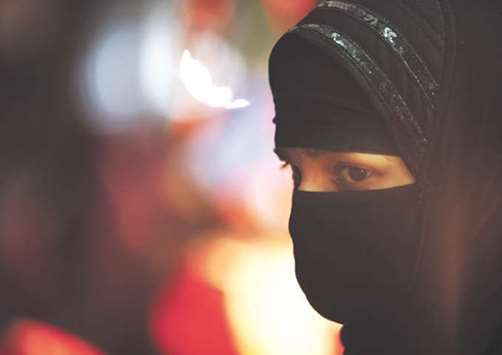It must be the most – unjustly – overlooked Islamic finance market in the world: Bangladesh, a country with the world’s fourth-largest Muslim population of approximately 147mn after Indonesia, Pakistan and India, constituting more than 90% of its entire people.
Bangladesh indeed has a burgeoning Islamic finance industry focused on the retail market driven by the sheer number of clients, but there is no comprehensive legal framework for the sector despite the fact that Islamic banking has doubled over the past four years and currently holds a market share of 20% of assets, which comes close to Malaysia.
In fact, Bangladesh has eight Islamic banks and 15 non-Islamic banks that offer Islamic-banking services alongside their normal operations through Islamic windows. But the sector works actually on a quasi-unregulated basis in lieu of industry rules on a macro-level.
Currently, the Islamic finance sector in the country is led by Islami Bank Bangladesh, founded in 1983 by Saudi and Kuwaiti investors, including the Islamic Development Bank. The dominant bank manages around 90% of Islamic-banking assets and deposits in the country and thus plays a systemic role in Bangladesh by being also the biggest private bank overall, with 14,000 staff, 12mn deposit holders and a balance-sheet of $10bn.
The bank also runs the biggest Islamic microfinance scheme in the country, which also happens to be the world’s biggest such scheme.
Other Islamic banks in Bangladesh, though much smaller in reach and terms of assets, are Shahjalal Islamic Bank, Al-Arafah Islami Bank, Sonali Bank, First Security Islami Bank, ICB Islamic Bank, Export Import Bank of Bangladesh and Social Islami Bank. Some other banks are currently in the process of being converted into full-fledged Islamic banks. According to a survey by the Bangladeshi government, Islamic banking has an overall approval rating of 84% among the country’s population.
Takaful is also growing in popularity. Bangladesh currently has 11 companies for both the life and non-life takaful market at a combined asset base of close to $1bn and a market share of 17%, indicating significant room for growth. The country’s stock exchange also has its own Shariah index, and a couple of financial companies are providing Shariah-compliant mutual funds, including Islami Bank of Bangladesh.
On the other hand, the central bank of Bangladesh has been working for considerable time on trying to bring some sort of industry-wide regulation for Islamic finance to the table which would allow the sector to expand beyond retail banking. For example, at present there are no regulations for sukuk issuances even though there would be huge market for both sovereign and corporate sukuk – the latter are sometimes issued on a free-handed basis by companies –, and talks about a legal framework date back as long as to 2011.
In the same year, the central bank also tried to launch an Islamic interbank money market which failed to provide more efficiency to the sector, given the near-monopoly status of Islamic Bank Bangladesh. Larger policy issues for the Islamic banking market in Bangladesh are also the adequacy and scope of the legal and regulatory framework in creating an appropriate enabling environment, which would need to provide for regulations about liquidity requirements, risk management, deposit insurance and refinancing mechanisms.
Other challenges than the absence of comprehensive Islamic banking regulations are a lack of service diversification and a lack of a skilled workforce, the Bangladesh Institute of Bank Management criticised in a research paper issued in June this year. Another serious issue is that some Shariah councils, especially in smaller Islamic banks, have a lack of knowledge and competency on this type of banking and tend to promote it solely through religious aspects rather than on other factors such as risk-sharing, social benefits such as the economic inclusion it can bring and the positive impact it can have on communities and their development, the institute said.
For Bangladesh, the phenomenon that Islamic finance is on such a healthy growth trajectory despite there is no comprehensive legal framework is remarkable. Experts assume that once such regulations will eventually be in place, the growth potential could be even bigger.
Most agree that it is about time to introduce sound supervisory and regulatory mechanisms, as well as standard practices for the entire industry, including Islamic banks, takaful, corporate and trade finance institutions, the Shariah-compliant stock market, for fund businesses and – last but not least – the sukuk industry. This would put an end to the paradox situation that in the world’s fourth most populous Muslim country, Islamic banks have no role in financing government projects through Islamic bonds.

A woman stands at a market in Chittagong, Bangladesh (file). Bangladesh with a burgeoning Islamic finance industry, has the world’s fourth-largest Muslim population of approximately 147mn after Indonesia, Pakistan and India, constituting more than 90% of its entire people.
